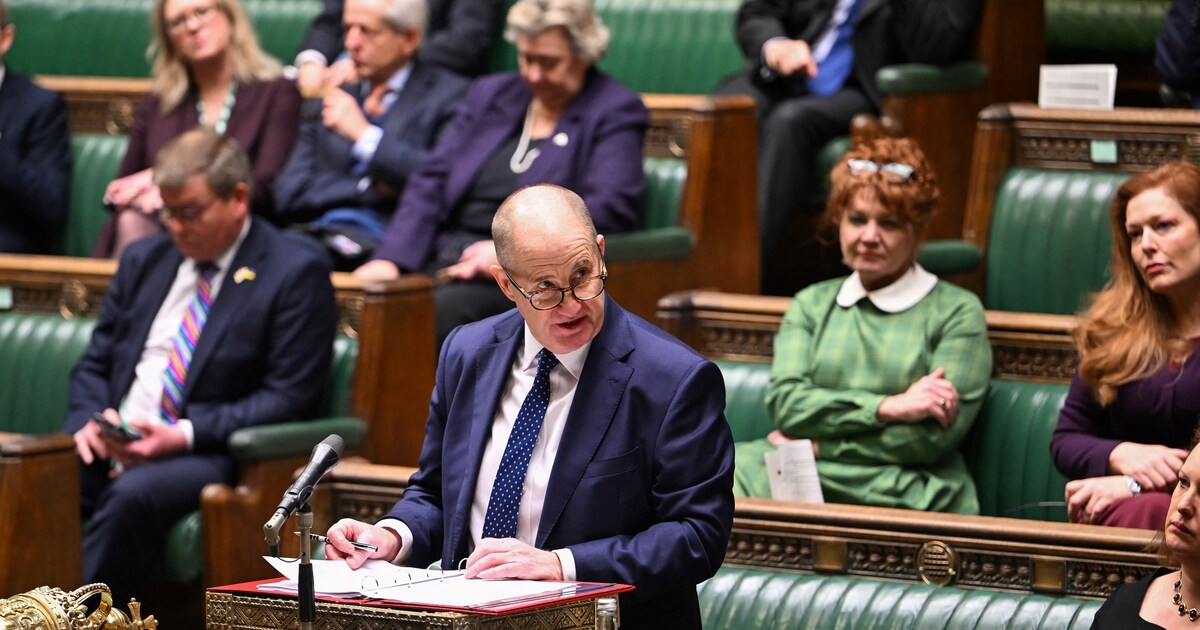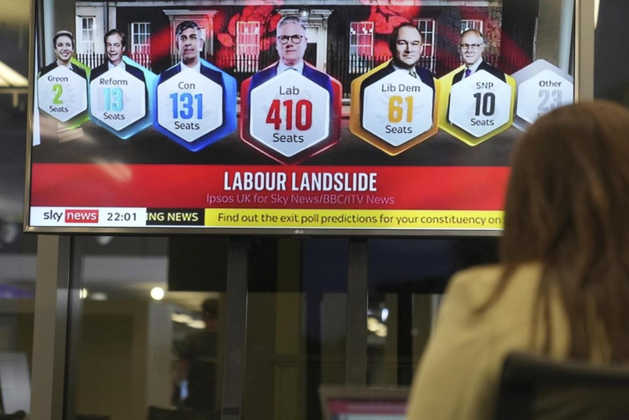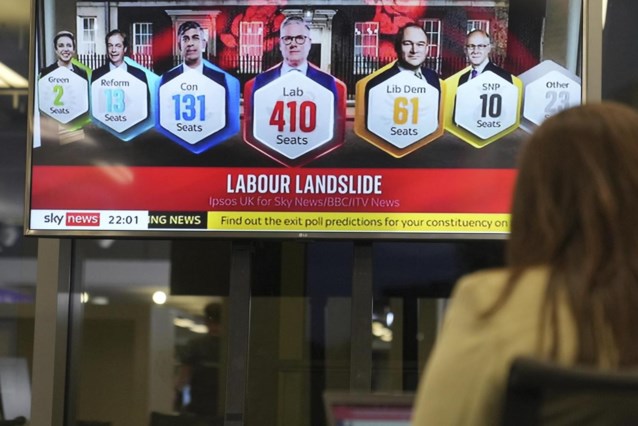The British Post Office scandal, which saw more than 700 post office managers convicted of fraud or theft, was not uncovered by the mainstream media in 2009, but by Computer Weekly. An article by Rebecca Thomson in the trade magazine attracted attention. Very slowly at first: alone Private eye, a magazine that was equally informative and satirical, initially gained popularity. Hundreds of works have followed in recent years Time, Daily Telegraph And Daily Mail.
But all this press attention was not enough to urge politicians to take action. That only happened after the recent ITV series Mr. Bates vs Post Officethe most watched docudrama since then Pembrokeshire Murders (2021) which tells the story of a serial killer from Wales. Suddenly the House of Commons was filled with angry MPs. Suddenly British Prime Minister Rishi Sunak promised to cancel all punishments. Suddenly, former Post Office CEO Paula Vennells was forced to return her royal awards.
This scandal shows how only television can capture the imagination. This has previously happened with other scandals, such as the fight for justice following the Hillsborough football disaster (1989) and the miscarriage of justice in the sentencing of six innocent people following IRA attacks on pubs in Birmingham. It’s been six months since the series Who bombed Birmingham? (1990), the six men, who had been innocently imprisoned for sixteen years, were released. The question now in the UK is: will those responsible for the Post Office Scandal be jailed?
Meanwhile, their pictures are in the newspapers. For example, Angela van den Bogerd, who was long responsible for the Horizon system causing mysterious cash shortages, was tracked down in Wales. As is the case in the British media, no detail was left undiscussed. Mrs Van den Bogerd, report Daily Telegraph, ‘lived in a four-bedroom semi-detached house for eight euros. No one answered the door at the house, where a Mercedes-Benz with a private license plate was in the driveway.”
Coincidentally or not, the broadcast of the series coincided with the interrogation of several Post Office investigators. Among them was also ‘safety manager’ Stephen Bradshaw, the most fanatical persecutor postmaster. Political observers who usually sit in the House of Commons went to the office building near the court where the investigation was being carried out. “Bradshaw is a man of company experience,” said John Crace Guard,’ was at the Post Office all his life. Used to doing what his boss wants.’
At the same time, the septic tank opens little by little. Sunday Telegraph reported that in 1998 Prime Minister Tony Blair was under intense pressure from the Japanese government to introduce an accounting system, which was questionable. Blair is said to have been told that stopping the Japanese company Fujitsu’s system would have “major consequences” for relations between the UK and Japan. Daily Mail writes that the Post Office’s crime chief, Rob Wilson, knew as early as 2010 that there were problems with the system, but he decided to continue prosecuting innocent people. postmaster. The reason? The image of the Post Office must be protected.
Not only is the image of the Post Office, which was once accompanied by Pieter Post, also damaged. The greatest miscarriage of justice in British history also gave rise to expressions of cultural pessimism, particularly in the Conservative press. In the Daily Telegraph commentator Allister Heath saw the scandal as similar to modern Britain: ‘A broken society where good people often fall prey to bad people, aided and abetted by a morally bankrupt bureaucracy.’

“Hipster-friendly creator. Music guru. Proud student. Bacon buff. Avid web lover. Social media specialist. Gamer.”







